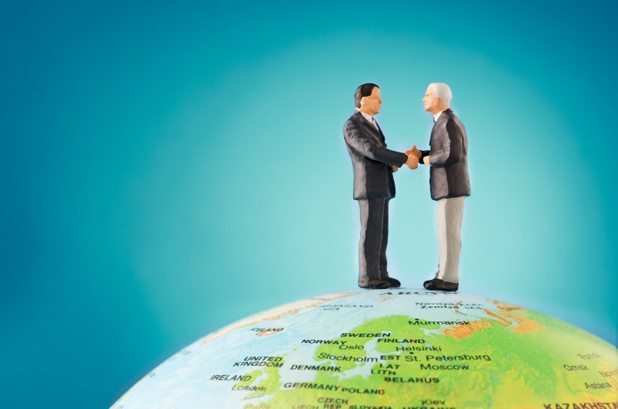
Protecting the environment is the responsibility of governments. In this context, it is difficult for operators to influence the environmental policy of foreign countries - DR : Fotolia / pogonici
Many economic players of different industries took concrete decisions to enter the process of sustainable development.
For tourism, except for new emerging operators who are basing their production model exclusively on the principles of sustainable tourism, the profession that is made up of generalist or specialized traditional operators and conventional distributors is still at the debating stage when it comes to determining its action and space within this universal movement.
This standstill is detrimental, considering the environmental and social issues that are inherent to tourism.
The migration of over one billion tourists, who cross into developed but also developing countries without respecting any behavioral rules concerning the environments and particularly vulnerable populations, is endangering the touristic potential of some regions, leading to a risk of deterioration if not disappearance of some traditional cultures.
This reality is already seen around the sites of high tourism density, particularly in the regions bearing the UNESCO “World Heritage” label.
For tourism, except for new emerging operators who are basing their production model exclusively on the principles of sustainable tourism, the profession that is made up of generalist or specialized traditional operators and conventional distributors is still at the debating stage when it comes to determining its action and space within this universal movement.
This standstill is detrimental, considering the environmental and social issues that are inherent to tourism.
The migration of over one billion tourists, who cross into developed but also developing countries without respecting any behavioral rules concerning the environments and particularly vulnerable populations, is endangering the touristic potential of some regions, leading to a risk of deterioration if not disappearance of some traditional cultures.
This reality is already seen around the sites of high tourism density, particularly in the regions bearing the UNESCO “World Heritage” label.
An institutional and professional standstill?
Autres articles
-
 Destinations responsables : 9 villes françaises s'engagent
Destinations responsables : 9 villes françaises s'engagent
-
 TUI Care Foundation : le géant du tourisme s'engage en Andalousie
TUI Care Foundation : le géant du tourisme s'engage en Andalousie
-
 Tourisme durable : TUI soutient un projet d'agroécologie dans le sud de l'Espagne
Tourisme durable : TUI soutient un projet d'agroécologie dans le sud de l'Espagne
-
 La Case de l'Oncle Dom : tourisme de masse, un tourisme à la (ra)masse ?
La Case de l'Oncle Dom : tourisme de masse, un tourisme à la (ra)masse ?
-
 Canal des deux mers by bike: new cycling itinerary in the South of France
Canal des deux mers by bike: new cycling itinerary in the South of France
Then why is there an institutional and professional standstill on such an outrageous emergency for the future of tourism, that will only be sustained by the preservation of environments and human beings?
First of all, the discussion on sustainable mass tourism has been seized by consulting agencies that have a tendency to make professionals succumb to technocratic demagoguery by moralizing them and making them feel guilty in order to render their services invaluable. On the contrary, the construction of a tourism that advocates for respect of populations and their environments must be within the own hands of tourism entrepreneurs in a movement of optimism and humanism.
The second reason why this endless debate around sustainable tourism never leads to any initiatives from the majority of professionals, is that the discourse around sustainable tourism is dominated by ecology.
It is unquestionable that tourism activity must promote the principles of fighting global warming, particularly through the reduction of greenhouse gas emission, the change of land-use, the management of energies.
However, touristic producers and distributors are largely dependent on their service providers: airline and shipping companies, hotel structures etc… all major industries with their own environmental policies and who are subject to legal norms on which tourism operators have absolutely zero power of influence.
First of all, the discussion on sustainable mass tourism has been seized by consulting agencies that have a tendency to make professionals succumb to technocratic demagoguery by moralizing them and making them feel guilty in order to render their services invaluable. On the contrary, the construction of a tourism that advocates for respect of populations and their environments must be within the own hands of tourism entrepreneurs in a movement of optimism and humanism.
The second reason why this endless debate around sustainable tourism never leads to any initiatives from the majority of professionals, is that the discourse around sustainable tourism is dominated by ecology.
It is unquestionable that tourism activity must promote the principles of fighting global warming, particularly through the reduction of greenhouse gas emission, the change of land-use, the management of energies.
However, touristic producers and distributors are largely dependent on their service providers: airline and shipping companies, hotel structures etc… all major industries with their own environmental policies and who are subject to legal norms on which tourism operators have absolutely zero power of influence.
It is difficult to influence an environmental policy abroad
Protecting the environment is also under the responsibility of governments who, depending on their beliefs and means, manage differently the ecological challenges by putting legislative arsenals in place.
In this context, it is difficult for operators to influence the environmental policy of foreign countries.
Transportation, accommodations, or territories are essential services for touristic operators who cannot control the environmental policies of these societies or countries who, in any case, owe zero accountability to TOs or distributors in this field.
However, the concrete goal of tour-operators in France, particularly within the SETO, consists in building a commercial offer whose objective aims at the discovery of regions with rich and diverse touristic potential.
For any type of thematic of a tour or stay: culture, nature, archeology, art, history, resorts, etc…, visitors will inevitably encounter children, women, and men on the path of their journey.
The manner in which these encounters will unfold depends entirely on the responsibility of the operator.
It is within this human realm of responsible tourism, that is equally important as the environmental realm, that the profession can apply a full range of action to practice respectful and sustainable tourism.
In this context, it is difficult for operators to influence the environmental policy of foreign countries.
Transportation, accommodations, or territories are essential services for touristic operators who cannot control the environmental policies of these societies or countries who, in any case, owe zero accountability to TOs or distributors in this field.
However, the concrete goal of tour-operators in France, particularly within the SETO, consists in building a commercial offer whose objective aims at the discovery of regions with rich and diverse touristic potential.
For any type of thematic of a tour or stay: culture, nature, archeology, art, history, resorts, etc…, visitors will inevitably encounter children, women, and men on the path of their journey.
The manner in which these encounters will unfold depends entirely on the responsibility of the operator.
It is within this human realm of responsible tourism, that is equally important as the environmental realm, that the profession can apply a full range of action to practice respectful and sustainable tourism.
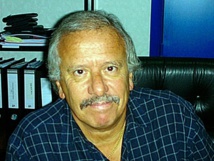
Christian OROFINO
President of TOURCONSEIL
Former CEO and General Director of the Tour-Operator VISIT FRANCE
President of the Commission of Sustainable Tourism of SNAV
Co-President of the Geo-Political and Environmental Observatory of Tourism (OBJET)
Facebook Page of OBJET
President of TOURCONSEIL
Former CEO and General Director of the Tour-Operator VISIT FRANCE
President of the Commission of Sustainable Tourism of SNAV
Co-President of the Geo-Political and Environmental Observatory of Tourism (OBJET)
Facebook Page of OBJET






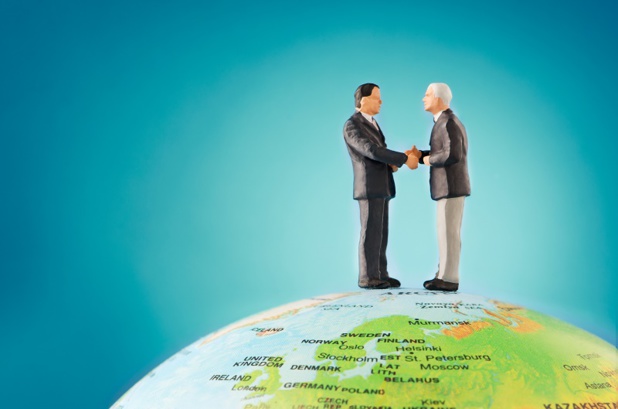

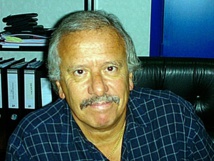








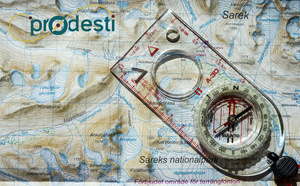










![Musées et santé : l'essor de la muséothérapie [ABO] Musées et santé : l'essor de la muséothérapie [ABO]](https://www.tourmag.com/photo/art/large_16_9/93945726-65568018.jpg?v=1769613161)















